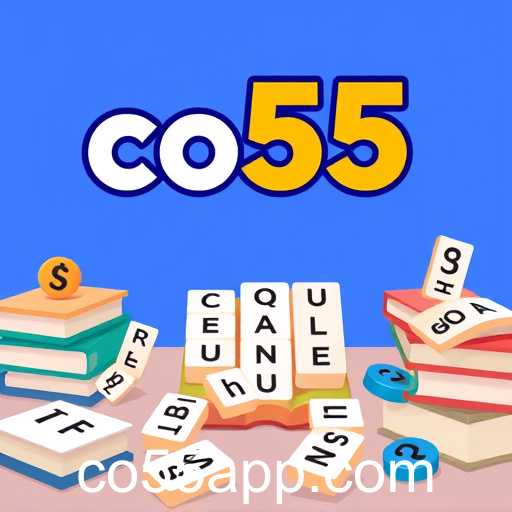In today's digital age, where technology has become an integral part of our daily lives, educational pursuits are no longer restricted to the confines of a classroom. The ever-evolving world of online games has surprisingly become a rich resource for learning new skills. Among the popular categories in online educational gaming are 'Vocabulary Games'. These games offer a fun and interactive way to enhance one's vocabulary without the monotony of traditional learning methods. The keyword 'co55' has emerged as a unique identifier associated with this category of games on various platforms. The appeal of 'Vocabulary Games' lies in their ability to make learning intuitive and engaging. Designed to cater to a wide range of age groups, these games are structured to present vocabulary challenges in innovative formats such as word puzzles, quizzes, and time trials. Players might find themselves matching words with definitions, unscrambling letters to form words, or racing against the clock to solve as many word problems as possible. One of the greatest advantages of this gaming category is its adaptability. Difficulty levels can be customized, making it suitable for beginners as well as more advanced learners. Feedback is instantaneous, providing players with the opportunity to learn from their mistakes and improve their skills in real-time. Moreover, the competitive element in multiplayer games encourages players to excel, thereby fostering a conducive environment for learning. For educators and parents, vocabulary games offer an unconventional but effective medium to cultivate a love for words among students and children. They serve as a supplementary tool that complements traditional educational practices, making learning less daunting and more enjoyable. In essence, the 'Vocabulary Games' category exemplifies the potential of technology in modern education. As the inclination towards digital learning continues to grow, these games are likely to play an increasingly significant role in educational ecosystems worldwide. They stand as a testament to the idea that learning can indeed be both educational and entertaining.








